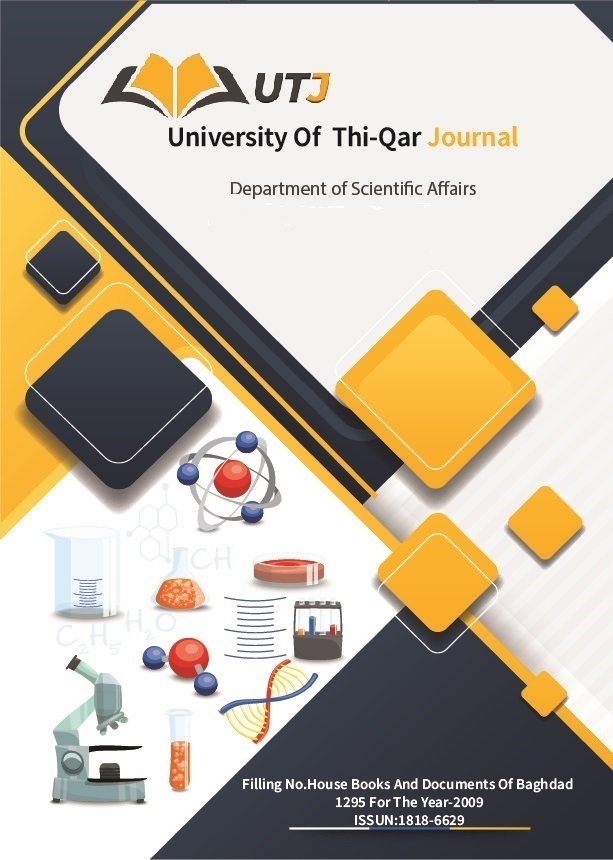Abstract
Federated Learning (FL) is a model training scheme with guaranteed preserved data privacy, but model poison and manipulation attack susceptibility, and model performance degradation through adversary attack. In this work, a Blockchain-Based Verification with Fusion Mechanism (BVFM) is designed to enhance FL’s security and robustness. With a tamper-evidence model update guaranteed through a blockchain layer, and a trust-dependent weighted fusion mechanism, trust values are granted to participating nodes, dynamically weighing them in contributing to a global model. Experimental evaluation in terms of performance under Fast Gradient Sign Method (FGSM), Projected Gradient Descent (PGD), and Carlini & Wagner (C&W) attack scenarios in medical imaging tasks confirms efficacy of BVFM and, in comparison with baseline FL techniques, its accuracy improvement to 94.3%, outperforming local training nodes (88.7%–90.1%). Under adversarial conditions, BVFM reduces the Adversarial Success Rate (ASR) from 59.3% to 25.0% (C&W attack) and from 49.8% to 20.1% (PGD attack), significantly enhancing model robustness. Furthermore, t-SNE visualizations illustrate BVFM’s ability to maintain the separability of benign and malignant classifications despite adversarial perturbations. Compared to existing FL approaches, BVFM achieves the highest accuracy (94.4%), precision (92.5%), recall (93.1%), and F1-score (92.8%), while requiring only 85 seconds of training time—29% faster than leading methods. These results highlight BVFM as a scalable and secure FL solution for adversarial resilience in medical imaging, autonomous systems, and cybersecurity applications.
Keywords
Adversarial Attacks
AI Robustness
Blockchain Verification
Cybersecurity in FL.
Federated Learning
Medical Imaging Security
Model Poisoning
Secure Decentralized Learning
Trust-Based Fusion
